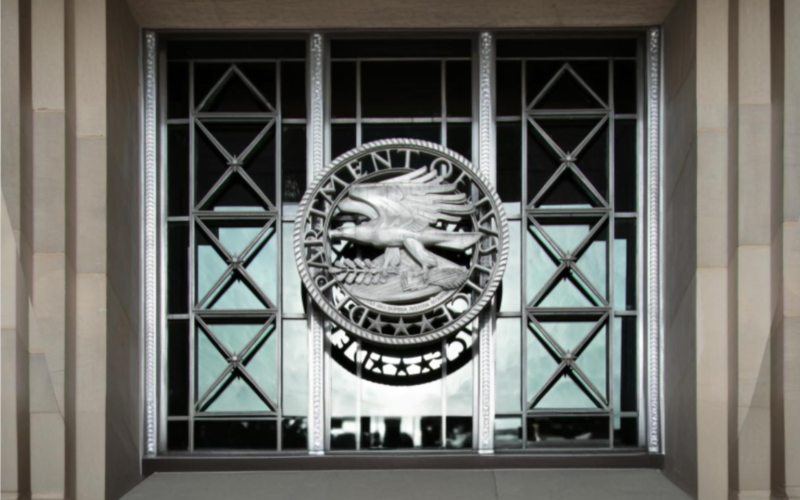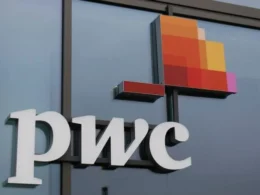Critics are raising concerns about the US Department of Justice’s (DOJ) inaugural cash-for-tips programme, especially around issues like the lack of a dedicated fund for whistleblower payouts and a $50 million cap on awards.
Launched on Thursday, the three-year pilot programme offers financial rewards to individuals who provide the DOJ with original information or analysis related to financial crimes, bribery, or healthcare fraud. Deputy Attorney General Lisa Monaco announced the program’s inception in March.
Designed to fill gaps in existing tip award programmes, the new initiative shares similarities with the Securities and Exchange Commission’s (SEC) whistleblower programme. It aims to broaden compensation opportunities for individuals with information about various fraud and white-collar crimes who might not qualify for other programmes.
“This is a group that is enthusiastic about trying to bring whistleblowers in,” said David Kovel, an attorney for whistleblowers and managing partner at law firm Kirby McInerney, adding “It strikes me as it’s the right attitude for success.”
However, some whistleblower lawyers and experts have suggested improvements to the programme. Concerns include the programme’s funding source, anonymity protections, lack of a guaranteed minimum payout percentage, and the increased discretion given to the DOJ in the award process.
Under the programme, whistleblowers can receive up to 30% of the first $100 million in forfeited assets, and up to 5% of any amounts between $100 million and $500 million. The DOJ will determine award amounts based on various factors, including the quality of information and assistance provided, with a maximum cap of $50 million per award.
“Whistleblowers take enormous risks stepping forward, particularly in reporting the kind of wrongdoing targeted by DOJ’s new programme. By limiting the amount of an award, individuals may choose to stay silent, particularly because the larger recovery may also increase the risks,” said Erika Kelton, a partner at whistleblower law firm Phillips & Cohen. “
Jacklyn DeMar, president and CEO of the Anti-Fraud Coalition, noted additional uncertainties and said that the process of calculating awards after compensating individual victims adds to the unpredictability of the whistleblower’s payout. The discretionary nature of the awards is a significant concern for us.”
A DOJ official explained that the $50 million cap was based on the SEC whistleblower awards, where most have been below this threshold. Since 2011, the SEC has issued only three awards exceeding $50 million.
The DOJ’s pilot programme is managed by the agency’s money-laundering and asset recovery unit, leveraging existing forfeiture authority, which allows more discretion compared to other funding mechanisms. The department is open to feedback to refine the programme.
The scope of qualifying misconduct under the programme may also be confusing for potential whistleblowers. It covers crimes involving financial institutions, foreign corruption related to privately held companies, and domestic corruption in companies as well as healthcare fraud schemes targeting private insurers.
“It covers a broad swath of companies but on narrow subject matter areas,” said Jane Norberg, a partner at law firm Arnold & Porter and a former head of the SEC’s whistleblower programme.
For companies, the new DOJ programme heightens the need to ensure robust internal reporting and investigation procedures. Norberg advised that managers must ensure that tips are directed to the appropriate internal channels for prompt investigation.






















